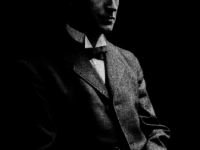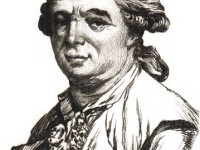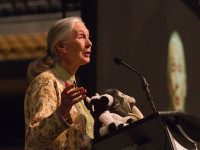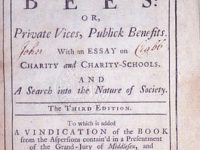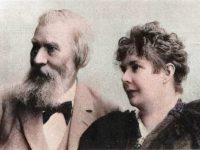Wallace Sabine and the Field of Architectural Acoustics
On June 13, 1868, American physicist Wallace Clement Sabine was born. Sabine founded the field of architectural acoustics as the outcome of his investigations on the effect of absorption on reverberation time. Sabine was acoustical architect of Boston’s Symphony Hall, widely considered one of the two or three best concert halls in the world for its acoustics. Acoustically Improving a Lecture Hall Wallace Sabine graduated from Ohio State University in 1886 and pursued graduate…
Read more

